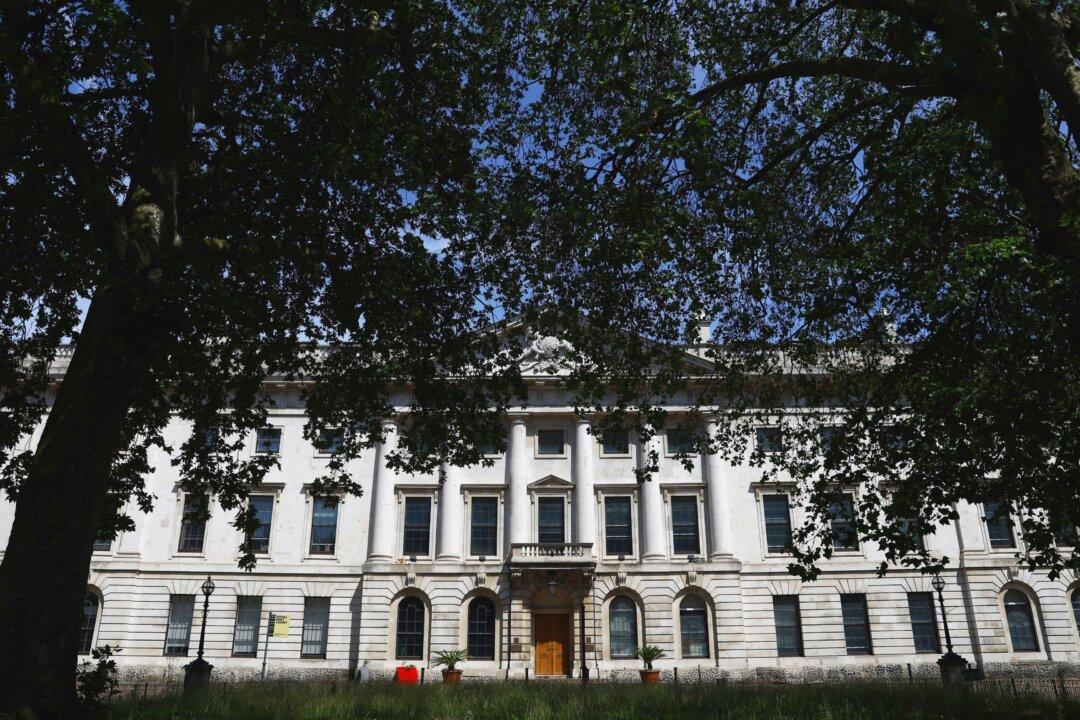Beijing’s plan to build a large embassy in London has fallen through as the deadline passed on Thursday to appeal against the local council’s decision to block their planning permission.
Six months ago, London Mayor Sadiq Khan upheld Tower Hamlets Council’s rejection of the planning application to build a new Chinese embassy compound at the site of the old Royal Mint.





